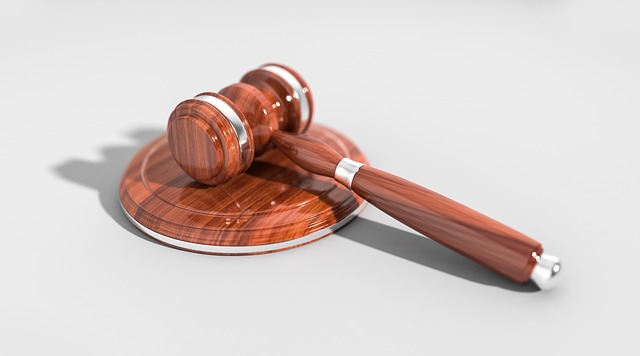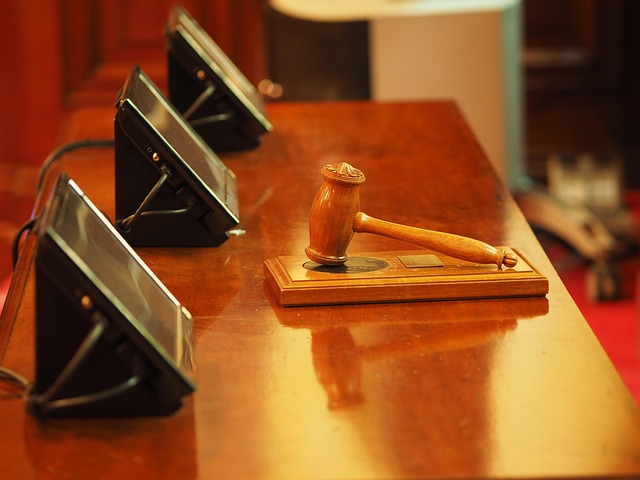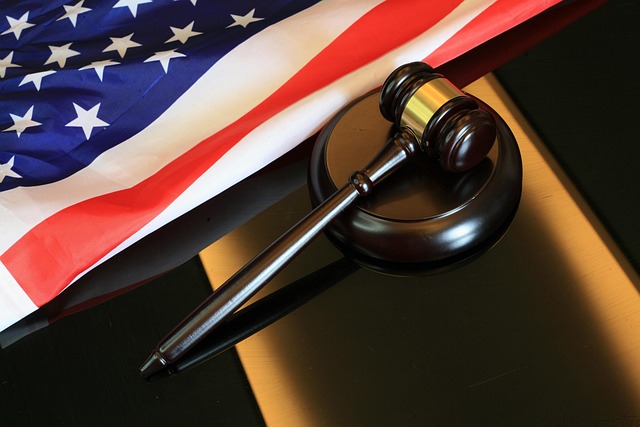RF Regulatory Agency investigations are critical for maintaining safety standards in RF technology, ensuring compliance with laws and holding negligent parties accountable through complex legal processes like class action lawsuits. These agencies collaborate with legal experts during settlements to interpret regulations, achieve just compensation, and promote corporate accountability. The Class Action Lawsuit Settlement Process Explained involves uniting individuals against companies alleged to violate RF safety standards, often resulting in substantial out-of-court settlements to avoid lengthy battles. This process protects rights while ensuring consumer trust and fair compensation, demonstrating the agency's commitment to enhancing industry practices and community well-being.
“Uncover the intricacies of RF Regulatory Agency Investigations with our comprehensive guide. We explore the vital role these agencies play in maintaining compliance standards for radio frequency (RF) equipment. From understanding agency probes to navigating class action lawsuits and their impact on settlements, this article illuminates key aspects. Learn how manufacturers and consumers can assert their rights and manage expectations during the complex Class Action Lawsuit Settlement Process Explained, ensuring fairness and resolution.”
- Understanding RF Regulatory Agency Investigations: A Comprehensive Overview
- The Role of Regulatory Agencies in Ensuring Compliance
- The Impact of Class Action Lawsuits on RF Equipment Settlements
- Navigating the Settlement Process: Rights and Expectations for Manufacturers and Consumers
Understanding RF Regulatory Agency Investigations: A Comprehensive Overview

RF Regulatory Agency Investigations play a pivotal role in ensuring the safe and effective use of radio frequency (RF) technologies. These agencies are tasked with overseeing compliance with RF-related laws and regulations, investigating potential violations, and enforcing standards to protect public health and safety. When an investigation leads to a Class Action Lawsuit Settlement Process Explained, it underscores the agency’s commitment to achieving extraordinary results in holding negligent parties accountable. This process involves comprehensive legal proceedings that can span years, involving both corporate and individual clients.
Through meticulous examination of evidence, expert testimony, and legal arguments, these investigations not only resolve disputes but also set precedents. The outcomes can shape future industry practices, leading to enhanced safety measures and more responsible innovation in the RF spectrum. Whether it involves complex technical issues or intricate financial analyses, successful investigations reflect the agency’s expertise in navigating a labyrinthine landscape of regulations, ensuring compliance, and delivering justice for affected parties.
The Role of Regulatory Agencies in Ensuring Compliance

Regulatory agencies play a pivotal role in upholding compliance across various industries. Their primary mandate is to enforce laws and regulations designed to protect consumers, safeguard public health and safety, and maintain fair business practices. These agencies act as watchdogs, investigating complaints, conducting inspections, and imposing penalties on non-compliant entities. By deterring illegal activities, they ensure a level playing field for all businesses, fostering trust among both corporate and individual clients.
In the event of a Class Action Lawsuit Settlement Process Explained, regulatory agencies collaborate closely with legal experts to navigate complex high-stakes cases involving white collar defense. Their expertise in interpreting regulations is invaluable in reaching just settlements that compensate affected parties while encouraging corporate accountability. This collaborative approach not only resolves disputes but also strengthens the overall regulatory framework, ensuring adherence to standards across different sectors.
The Impact of Class Action Lawsuits on RF Equipment Settlements

Class Action Lawsuits, often referred to as the Class Action Lawsuit Settlement Process Explained, play a significant role in shaping RF Regulatory Agency investigations and subsequent resolutions. When multiple individuals or entities join forces to file a lawsuit against a company for alleged violations of radio frequency (RF) safety standards, it can lead to substantial settlements. These high-stakes cases bring attention to critical issues and encourage companies to take responsibility for their actions. As a result, many RF equipment manufacturers prefer to settle out of court to avoid the time and financial burden of lengthy legal battles.
A successful Class Action Lawsuit Settlement Process Explained may involve the complete dismissal of all charges against the defendant, provided they meet the plaintiffs’ demands and terms. This strategy allows companies to protect their reputation, maintain market standing, and ensure compliance with RF regulations by addressing the core concerns raised in the lawsuit. It’s a delicate balance, but one that can lead to positive outcomes for both parties involved, especially when navigating complex regulatory landscapes.
Navigating the Settlement Process: Rights and Expectations for Manufacturers and Consumers

Navigating the Settlement Process involves a careful balance between rights and expectations for both manufacturers and consumers, especially in the context of a Class Action Lawsuit Settlement. When a RF Regulatory Agency investigates potential violations, the goal is not only to ensure compliance with laws and regulations but also to provide justice for affected parties. For manufacturers, this process can be complex, requiring them to assess liability, negotiate terms, and manage potential financial burdens while maintaining their reputation.
Consumers have rights too, expecting fair compensation or resolution for any harm caused by non-compliant products. The settlement process should be transparent, ensuring that all stakeholders understand their entitlements and obligations. A successful outcome encourages accountability within the industry and fosters trust among consumers, demonstrating the positive impact on both respective business and broader communities. For his clients, a skilled legal representation is crucial to navigating this landscape, aiming for a just resolution that reflects the interests of all parties involved.
RF Regulatory Agency investigations play a pivotal role in ensuring the safety and compliance of radio frequency (RF) equipment. By understanding the intricate processes involved, from agency oversight to class action lawsuits and their impact on settlements, manufacturers and consumers alike can better navigate the Class Action Lawsuit Settlement Process Explained. This knowledge empowers all parties to assert their rights and expectations, fostering a more transparent and accountable RF equipment market.






